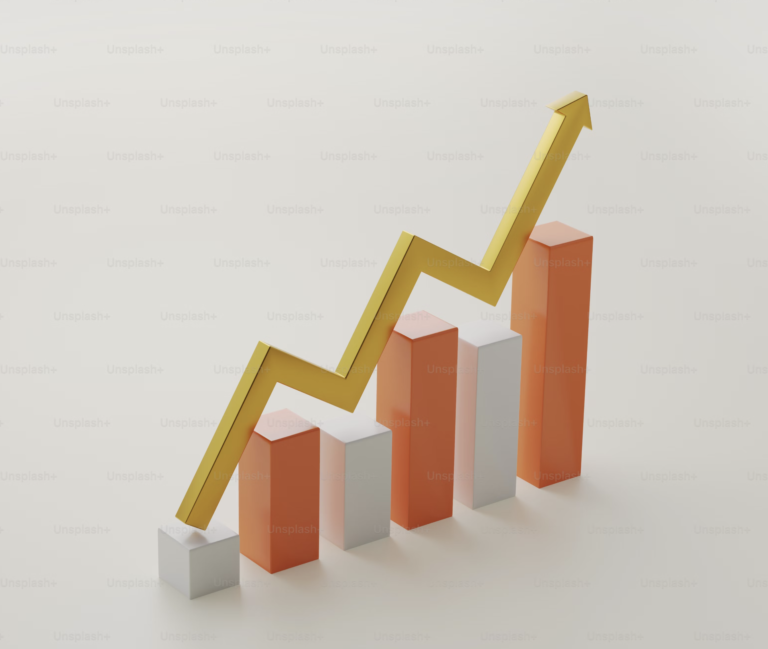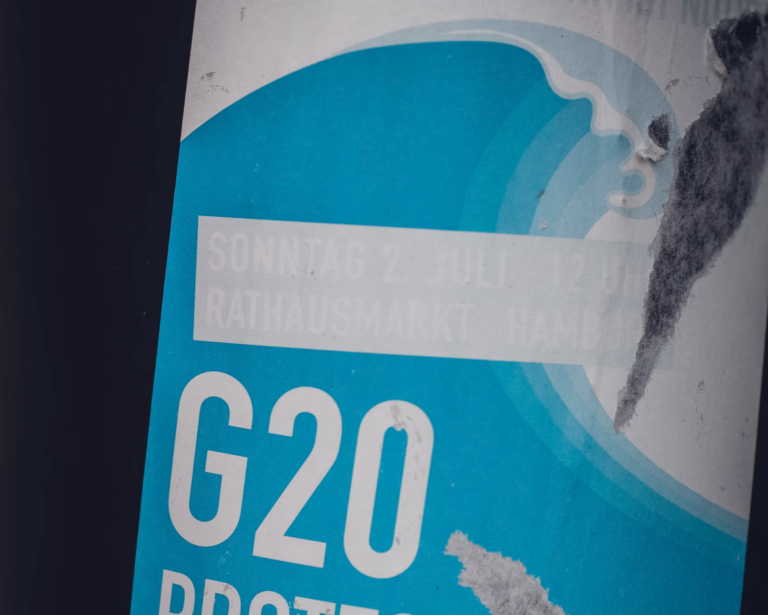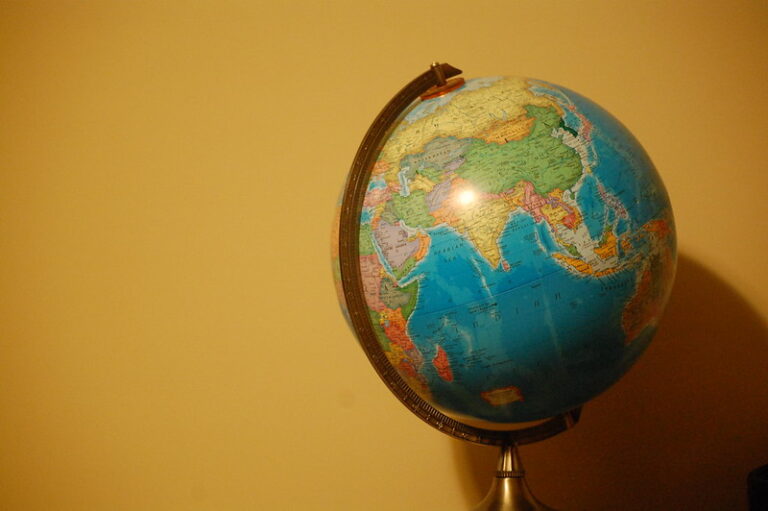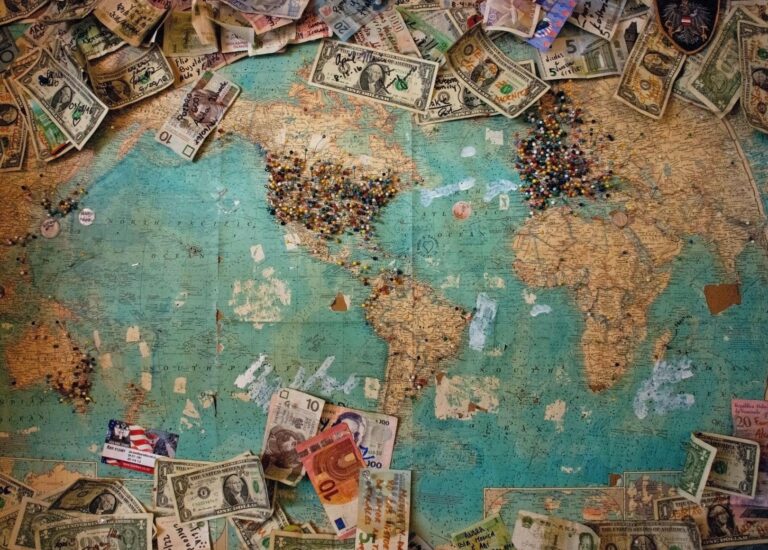
Towards a renewed Africa-Europe Partnership for Investment
The COVID-19 crisis has created a dire need for the active facilitation of sustainable investment to promote an inclusive, gender-sensitive and green recovery. The partnership between the European Union (EU) and the African Union (AU), and their respective member states, can provide a strategic and institutional framework for stimulating sustainable investment in a collective manner.








